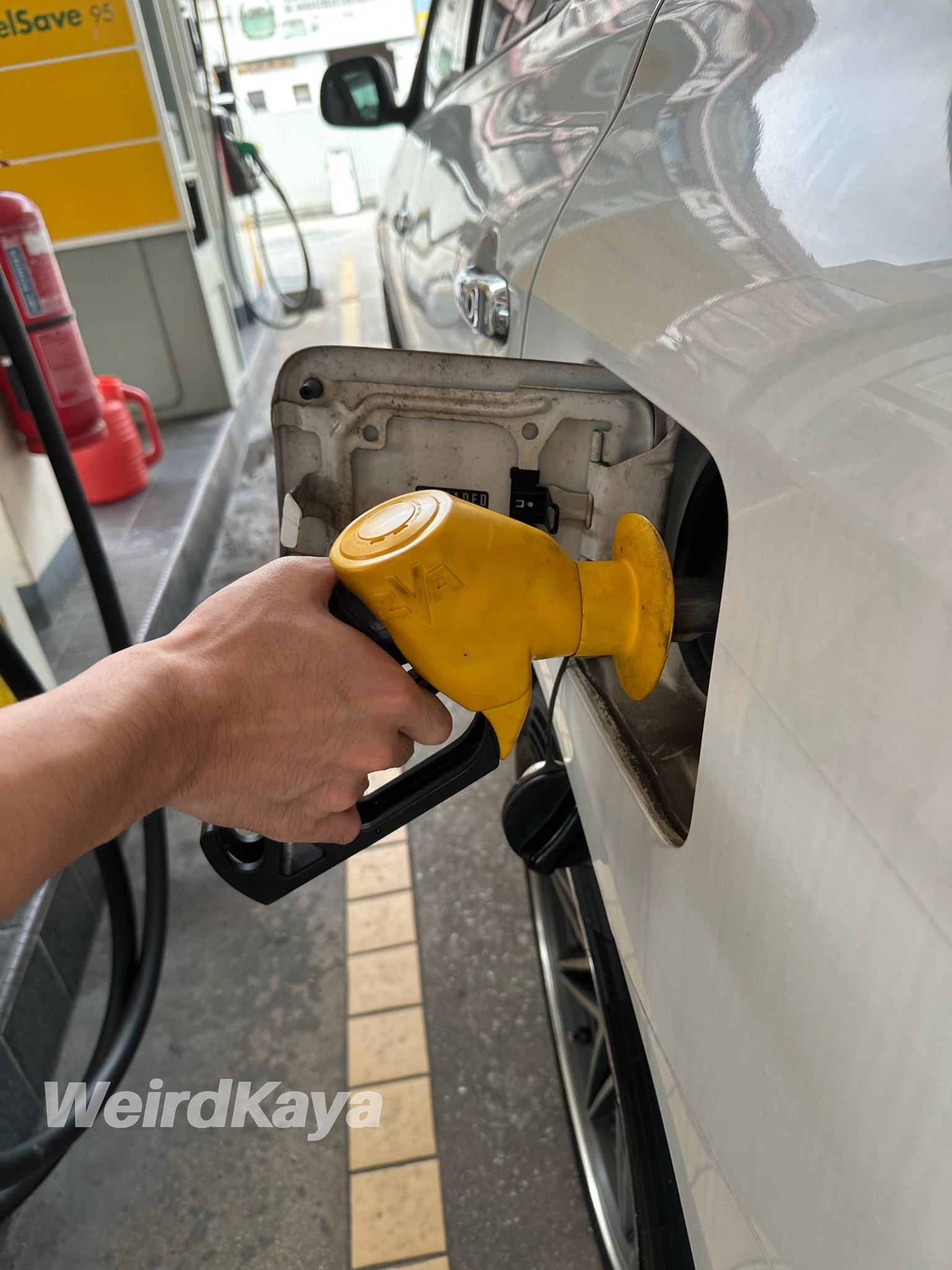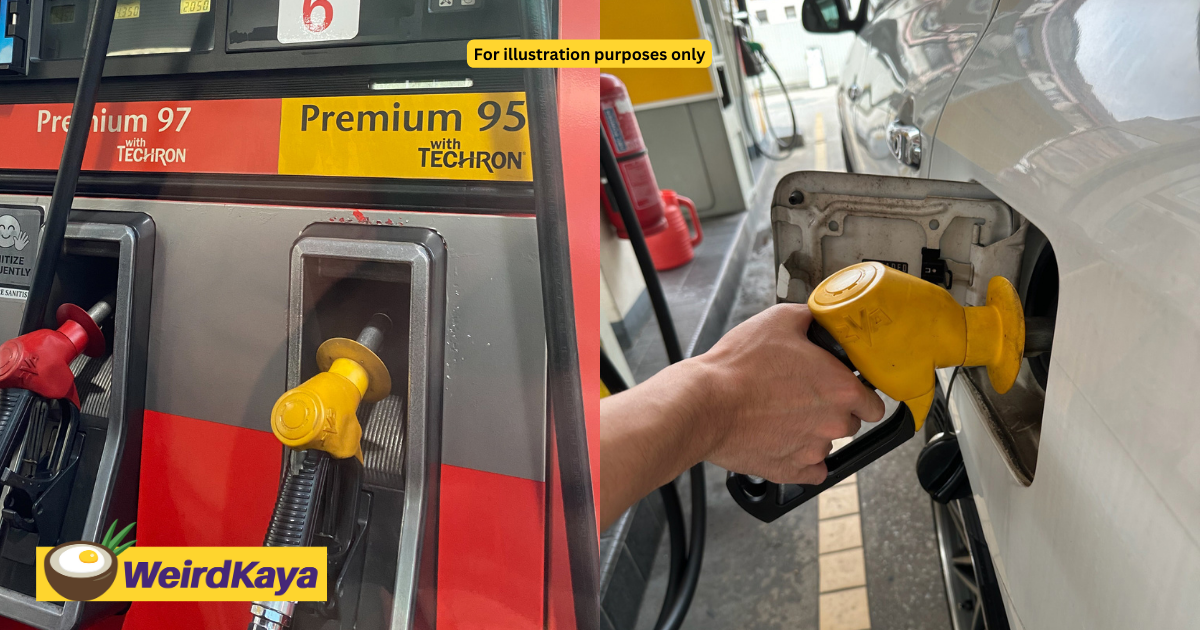Malaysia’s Economy Minister, Rafizi Ramli, has made it clear that the country will keep reducing its petrol subsidies this year, according to Bloomberg.
This strategy aims to tighten the budget and focus financial support on the nation’s poorer citizens.
In a recent interview in Putrajaya, Rafizi reaffirmed the government’s commitment.
He emphasized the importance of planning the reduction carefully to avoid causing inflation to spike.
Major change for RON95
One major change is coming for RON95 petrol, which is the most affordable and popular type of fuel in Malaysia. Last year, subsidies for this fuel alone cost RM81 billion.
The plan is to phase these subsidies out gradually.

Rafizi explained that the goal is to achieve a fiscal deficit target of 4.3%. To do this, the government needs to follow a precise timeline.
This comes after his announcement last year about a new subsidy program for RON95, intended to be more targeted than the broad coverage of the past.
The current subsidy model has mainly benefited the wealthier top 20% of households, who receive 53% of the subsidies. Rafizi described this situation as unsustainable.
Despite the Malaysian ringgit dropping about four percent this year and reaching its lowest level since the 1998 Asian financial crisis, Rafizi is not worried.
He believes these fluctuations have not deterred foreign investors or hindered the government’s larger economic plans.
Looking ahead, Rafizi is optimistic about Malaysia’s role in the global startup scene.



